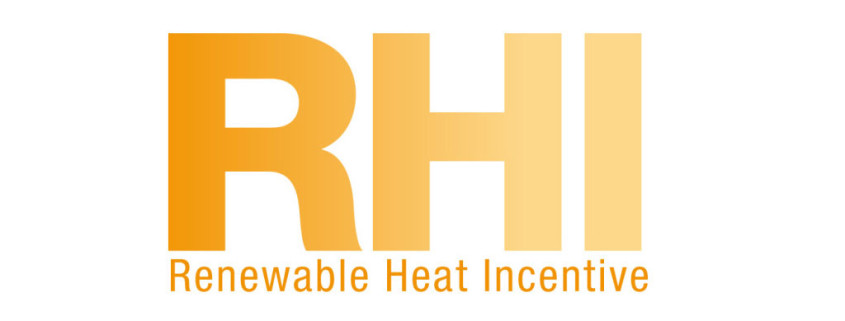Grandfathering Announcement Urgently Needed For Renewable Heat Incentive
The Government plans to introduce a Renewable Heat Incentive (RHI) in 2016 to stimulate change from fossil fuels to renewable sources for commercial and industrial heat production. An unintended consequence of that announcement last October (in draft Bioenergy Plan) is that the market has now ground to a complete halt due to the uncertainty created.
Any party considering biomass as an energy source has postponed purchasing decisions until clarity is given on the RHI qualifying criteria and tariff tiering/banding. The industry fear is that if such clarity does not happen until sometime late this year or early 2016, then the capacity in the sector will be further depleted and the sector will struggle to respond to market demand post the introduction of the RHI.
The justification for an RHI is the contribution that can be made to Ireland’s 12% heat target for renewables and the overall 16% renewables target by 2020. The sooner momentum is achieved, the greater the contribution towards these targets. The Government target is to replace about 200,000 tonnes per year of oil equivalent by 2020. This would avoid imports of about €120m per annum. Every month that passes is another €10m spent unnecessarily on oil or gas imports. On current uptake trends, Ireland could be hit with EU fines of up to €500 million per year for missing the 2020 targets.
The solution, urgently requested by IrBEA, is an announcement by the Minister for Energy to confirm that any eligible renewable installations, completed during the period from the date of the announcement to the date that the RHI becomes operational, will benefit from the new support as if the installation had been completed on the date the relevant scheme launches – a so-called “Grandfathering” commitment. It would ensure that projects can start planning, negotiating with suppliers, getting supply chains organised and commencing construction safe in the knowledge that they will not be excluded from the scheme.
The exact same issue arose in the UK in 2008/2009 when an RHI scheme was first mooted. To prevent a complete market meltdown, the then UK Minister for Energy and Climate Change made an announcement in July 2009 that any biomass projects installed from the date of his announcement would retrospectively qualify for the RHI once it was introduced.
IrBEA acknowledges that such a grandfathering commitment may create legitimate expectations with people who then proceed to install poor quality boilers and use undesirable fuel. As the credible voice of the Bioenergy industry in Ireland, IrBEA is committed to the growth of a sustainable sector and not only accepts these concerns but wants to be at the forefront of putting in place safeguards for taxpayers (funders of the RHI scheme) and end consumers (purchasers of goods & services).
We have therefore written to Energy Minister Alex White and his DCENR officials that for biomass boiler projects, only projects using equipment qualifying for inclusion on the Triple-E register maintained by SEAI will be eligible for inclusion in the RHI Scheme and projects must use sustainable biomass.


